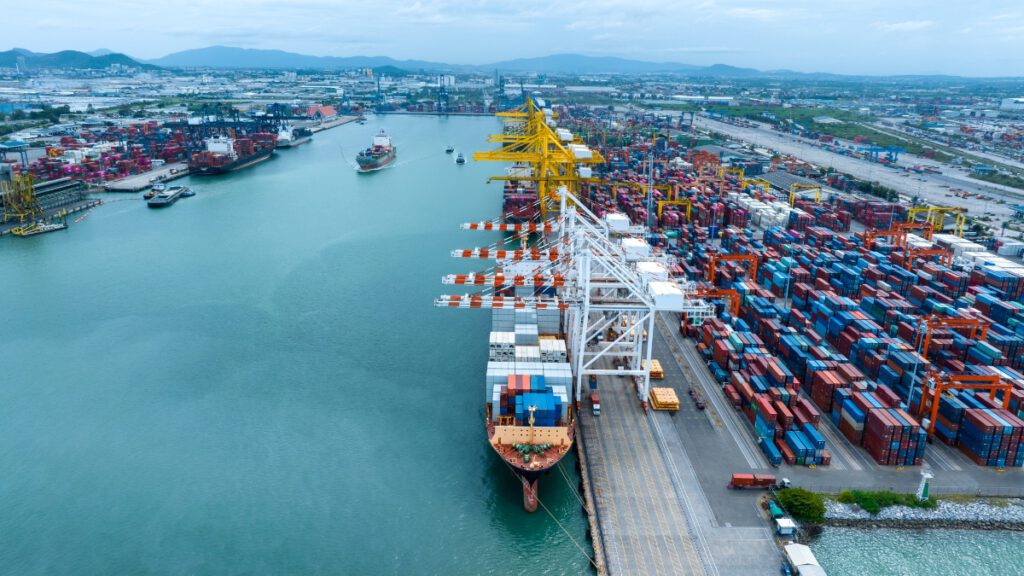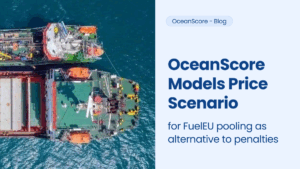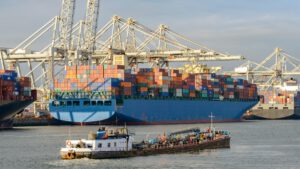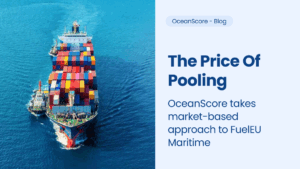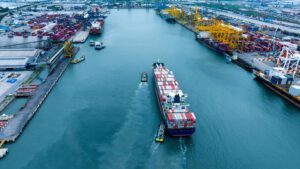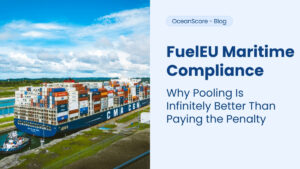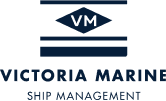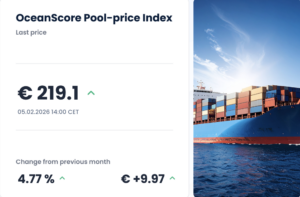The maritime industry’s response to EU ETS and FuelEU Maritime regulations has largely focused on the concerns of vessel owners and managers, specifically, how to secure reimbursement for compliance costs through efficient invoicing and collection processes while maintaining transparency and managing risk. For managers and owners, the biggest challenge is ensuring that they are transparently and fairly reimbursed for EU ETS and FuelEU costs by their charterers. Their focus lies in invoicing, collection, and minimising financial exposure rather than on how compliance is achieved. However, commercial pools, operators, and charterers face fundamentally different challenges that require distinct approaches.
The Commercial Operator’s Perspective
For those operating vessels closer to the cargo side—particularly when EU ETS and fuel costs are integrated into freight rates—the regulatory landscape presents unique operational complexities. The introduction of FuelEU Maritime has created several key challenges that demand careful attention:
- Annual Compliance Uncertainty: One of the key challenges is managing FuelEU compliance over a full-year horizon. Compliance positions can swing dramatically — a deficit accumulated over months can be reversed by a single voyage using compliant fuel blends, and likewise, a surplus can quickly vanish. This variability introduces significant uncertainty in planning and decision-making.
- Vessel Pooling Complexity: Vessel pooling under FuelEU allows compliant vessels to offset non-compliant ones, but leveraging this option effectively requires strategic coordination. Determining which vessels to pool, when, and under what terms adds a layer of complexity to compliance planning and cost control.
- Contractual Ambiguity in Chartering: When chartering vessels, operators face a challenge in deciding — and agreeing — who is contractually responsible for FuelEU and EU ETS compliance. These decisions must be optimised and clearly defined in agreements to avoid exposure, disputes, or inefficiencies.
For operators, pools, and charterers, the challenge is fundamentally different than for owners. Their biggest question is: What is the lowest-cost compliance strategy? Should they use biofuels? Should they pool? Which vessels should be employed for which voyages? These decisions are operational, strategic, and data-driven. Whether or not to use biofuels is a key decision point – a decision that owners or managers, focused primarily on reimbursement, don’t typically engage in.
The Need for Strategic Oversight
The various pathways available under FuelEU Maritime demand diligent management and forward-thinking approaches. The regulatory framework’s flexibility, while beneficial, creates a complex decision-making environment where timing, vessel deployment, and fuel choices can significantly impact compliance outcomes.
Through collaboration with customers across different market segments, we have observed that successful navigation of these regulations requires continuous monitoring and strategic planning capabilities that extend beyond traditional operational tools.
Technology Solutions for Complex Challenges
Our work with commercial pools and operators has led to the development of focused support systems designed specifically for their needs. The Compliance Forecaster provides operators with continuously updated forecasts of their vessels’ and fleet’s ETS and FuelEU exposure, incorporating trading profiles and specific consumption patterns to deliver comprehensive annual projections that inform both strategic and operational decisions.
The system’s simulation capabilities allow operators to model different deployment and bunker strategies at the vessel level, whether for extended periods or specific voyages. These simulations account for realistic sailing distances, in-port consumption patterns, and the effects of various fuel types and blends, considering their GHG intensity, ETS implications, and lower calorific values.
Market Transparency and Strategic Options
The FuelEU Pooling Marketplace addresses the challenge of surplus acquisition when forecasts indicate potential deficits. Operators must choose between purchasing compliant fuel blends or acquiring surplus through pooling agreements—decisions that depend heavily on market data, particularly the often opaque pricing of surplus positions in pooling arrangements.
This marketplace provides the transparency necessary for informed decision-making while offering direct access to favourable pooling arrangements when that path proves most advantageous.
Looking Forward
The maritime industry’s adaptation to EU environmental regulations continues to evolve, with commercial operators and pools requiring specialised tools and approaches that differ significantly from those needed by traditional vessel owners and managers. Success in this regulatory environment depends on maintaining current information, understanding compliance trajectories, and having access to flexible strategic options.
As these regulations mature and market mechanisms develop, the ability to forecast, simulate, and optimise compliance strategies will likely become increasingly crucial for commercial operators seeking to navigate these waters successfully while maintaining operational efficiency and competitive positioning.
Want to learn more about OceanScore’s FuelEU Pooling Marketplace?
Get in touch with our team.

